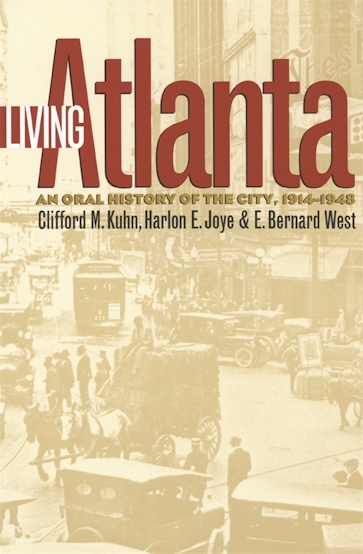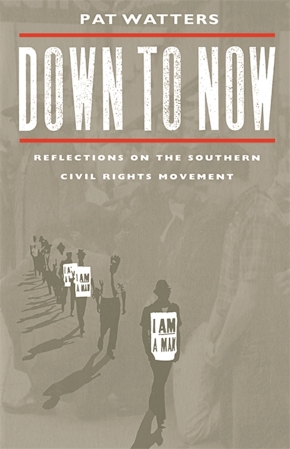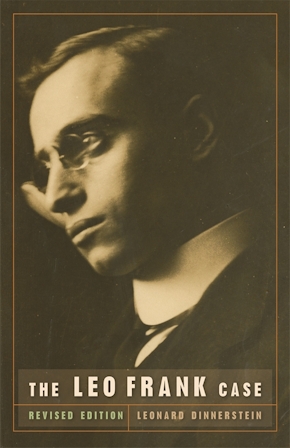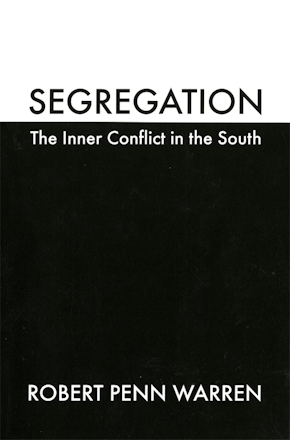Living Atlanta
An Oral History of the City, 1914-1948
Title Details
Pages: 432
Illustrations: 80 b&w photos
Trim size: 6.750in x 9.750in
Formats
Paperback
Pub Date: 03/28/2005
ISBN: 9-780-8203-1697-0
List Price: $34.95
Series
Subsidies and Partnerships
Published in association with Atlanta History Center
Related Subjects
HISTORY / United States / 20th Century
HISTORY / United States / State & Local / South (AL, AR, FL, GA, KY, LA, MS, NC, SC, TN, VA, WV)
Other Links of Interest
Living Atlanta
An Oral History of the City, 1914-1948
Skip to
- Description
- Reviews
From the memories of everyday experience, Living Atlanta vividly recreates life in the city during the three decades from World War I through World War II—a period in which a small, regional capital became a center of industry, education, finance, commerce, and travel. This profusely illustrated volume draws on nearly two hundred interviews with Atlanta residents who recall, in their own words, "the way it was"—from segregated streetcars to college fraternity parties, from moonshine peddling to visiting performances by the Metropolitan Opera, from the growth of neighborhoods to religious revivals.
The book is based on a celebrated public radio series that was broadcast in 1979-80 and hailed by Studs Terkel as "an important, exciting project—a truly human portrait of a city of people." Living Atlanta presents a diverse array of voices—domestics and businessmen, teachers and factory workers, doctors and ballplayers. There are memories of the city when it wasn't quite a city: "Back in those young days it was country in Atlanta," musician Rosa Lee Carson reflects. "It sure was. Why, you could even raise a cow out there in your yard." There are eyewitness accounts of such major events as the Great Fire of 1917: "The wind blowing that way, it was awful," recalls fire fighter Hugh McDonald. "There'd be a big board on fire, and the wind would carry that board, and it'd hit another house and start right up on that one. And it just kept spreading." There are glimpses of the workday: "It's a real job firing an engine, a darn hard job," says railroad man J. R. Spratlin. "I was using a scoop and there wasn't no eight hour haul then, there was twelve hours, sometimes sixteen." And there are scenes of the city at play: "Baseball was the popular sport," remembers Arthur Leroy Idlett, who grew up in the Pittsburgh neighborhood. "Everybody had teams. And people—you could put some kids out there playing baseball, and before you knew a thing, you got a crowd out there, watching kids play."
Organizing the book around such topics as transportation, health and religion, education, leisure, and politics, the authors provide a narrative commentary that places the diverse remembrances in social and historical context. Resurfacing throughout the book as a central theme are the memories of Jim Crow and the peculiarities of black-white relations. Accounts of Klan rallies, job and housing discrimination, and poll taxes are here, along with stories about the Commission on Interracial Cooperation, early black forays into local politics, and the role of the city's black colleges.
Martin Luther King, Sr., historian Clarence Bacote, former police chief Herbert Jenkins, educator Benjamin Mays, and sociologist Arthur Raper are among those whose recollections are gathered here, but the majority of the voices are those of ordinary Atlantans, men and women who in these pages relive day-to-day experiences of a half-century ago.
While we learn a good bit about the development of Atlanta over the years within the context of contemporary historiography, the heart and soul of the book is its depiction of the machinations of a segregated society. . . . Living Atlanta deserves respect for telling a difficult story.
—Journal of American History
A valuable guide to Atlanta's complicated personality and its wonderful, terrible past.
—Atlanta Journal-Constitution
The most vivid retrospective of twentieth-century life in Georgia.
—Macon Telegraph and News
Living Atlanta should serve as a foundation for reevaluating the origins of race relations in the urban New South. It is an important and an innovative work that warrants a wide readership.
—Journal of American Ethnic History
It is a very readable history, and any of its chapters could well be expanded to book length. . . . Essential for libraries with collections on Atlanta and southern racial relations.
—Library Journal
—Roger Biles, Journal of Southern History
—James B. Crooks, Florida Historical Quarterly
—Virginia Quarterly Review
—Carl Abbott, Georgia Historical Quarterly
—Tera W. Hunter, Oral History Review
—Richard Pillsbury, Journal of Historical Geography



